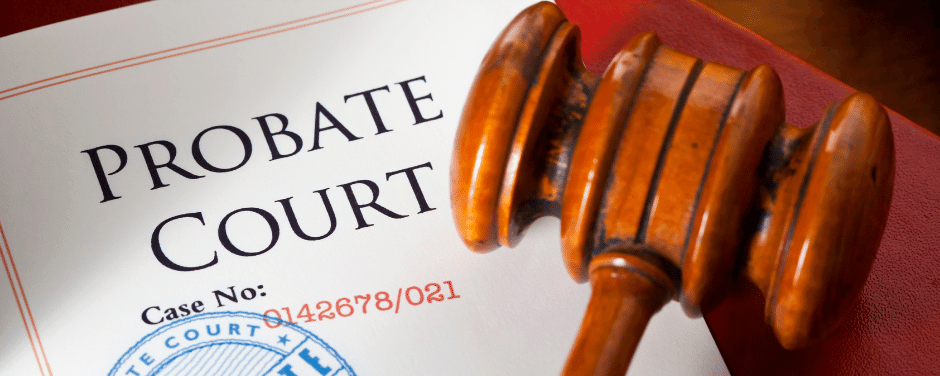Now that you understand what an estate is and why it exists, you may have figured out that the process of applying the laws to the Estate is called probate. Let’s go back to my laptop computer example. I just died so my Estate now owns my laptop.
Now we need to know a whole bunch of things. What assets other than the computer does my estate own? Who’s going to be the Executor? Is there a Will? What debts are owed? And the list goes on and on. One of the first rules that apply to Estates is that paperwork needs to be filed with the court.
With probate, an attorney needs to be hired to draw up legal papers that need to be filed with the court together with filing fees. A judge has to approve the Executor named in the Will or, if there is no Will, determine who has that right under the law.
Assets need to be cataloged, creditors need to get notified (alerted), and family members (whether or not named in the Will) need to be notified. And again, the list goes on and on. Having a Will can answer any questions the court will need to know like who you want to be in charge (the Executor), who you want to receive your assets, etc.
This isn’t a full description, but I hope you see why most people want to avoid the probate process. Many people think that having a Will avoids the need to go through Probate, but it doesn’t. It simply governs the assets inside your estate. In addition, if an asset doesn’t become part of your Estate, your Will has no power to direct where that asset goes.






